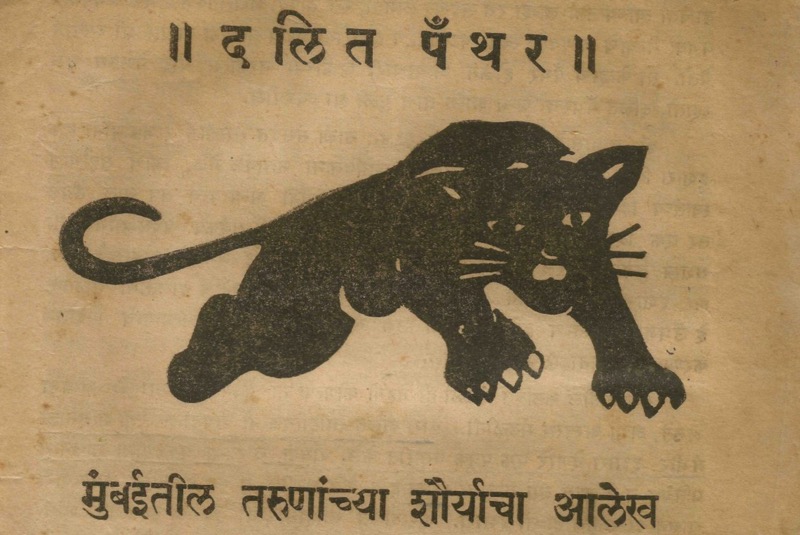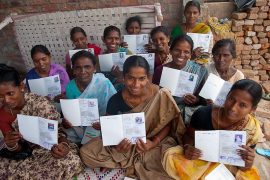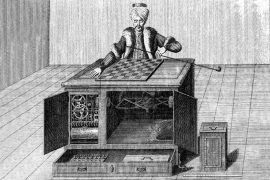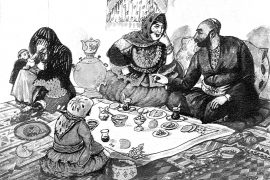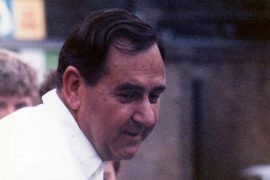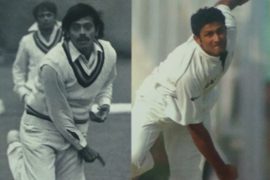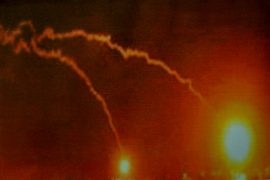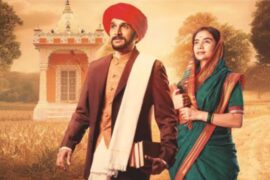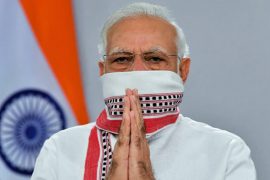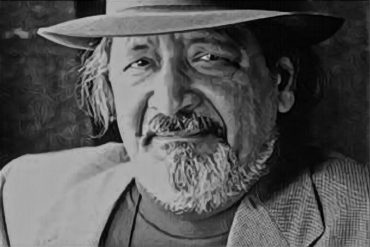Untouchability is the most violent form of exploitation on the surface of the earth, which survives the ever changing forms of the power structure. Today it is necessary to seek its soil, its root causes. If we understand them, we can definitely strike at the heart of exploitation.
The above clause is from the manifesto of the Dalit Panthers, an organisation founded in 1972 to combat caste discrimination in India. Inspired by the life and work of Dr B.R. Ambedkar and the Black Panthers of the United States, the educated youth of Mumbai adopted a militant approach to uplift the Dalit community.
The Dalit Panthers picked their name after reading about the Black Panthers in TIME magazine, and like their American counterpart, aims to reform the social-cultural landscape of the country. Following Ambedkar’s path, the party adopted self-defence to fight the discrimination and cruelty faced by the Dalits.
They boycotted elections, demonstrated against the government’s high-handedness, and protested against the Brahminical hierarchy that resulted in the ill-treatment of Dalits.
The founders of Dalit Panthers—Namedo Dhasal, Raja Dhale, J. V. Pawar, and Arun Kamble—were authors and poets. They published their works in Dhasal’s magazine Vidroh (“Revolt”) and gave powerful accounts of oppressions and struggles faced by Dalits and their efforts to change society.
Raja Dhale’s article, Kala Swatantrya Din, published in their official publication, Sadhana, in 1972, created a great sensation and brought momentum and recognition to the movement. The explosive essay challenged Indian society and its hypocrisy for not supporting them against the violence faced by Dalits. “They aren’t our brothers. They aren’t our compatriots. Are we outsiders,” wrote Dhale in an impassioned essay.
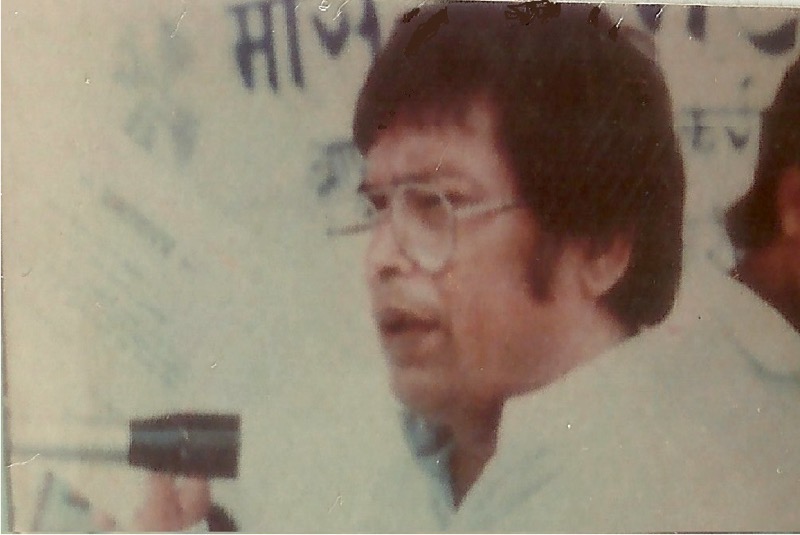
To snub out the Dalit Panthers, upper caste militias in cahoots with the police unleashed unspeakable violence against them. On 5 January 1974, when the Dalit Panthers gathered at the Ambedkar Maidan to discuss the issue of caste discrimination, they assaulted them with stones and soda bottles and fired tear gas shells at them. The police dragged some members of the Dalit Panthers by their hair; about 200 members of the Dalit Panthers were injured, and over 100 were arrested.
A similar event occurred on 10 January when the Dalit Panthers arranged a protest against police brutality. Again, the public had attacked the procession with stones, but the Panthers made sure to restrain themselves from retaliation until the police got violent after arresting their four most important leaders.
Forty people were injured, and 100 were arrested. One of the Dalit Protestors, Bhagwat Jadhav, was killed during the police violence. The police tried to keep the Dalit Panther leader under arrest as long as they could, rearresting them on different charges soon after they were released.
While the approach of self-defence made the Dalit Panthers very similar to the American Black Panthers, what set them apart was the Dalit Panther’s incorporation of religion. B.R. Ambedkar had converted to Buddhism because of continued Hindu oppression in 1956. Following his footsteps, many Dalits adopted Buddhism as their religion.
Dalits believed that Buddhism could unchain India from the fetters of the caste system as it divided the Hindu borns based on the castes they were born into. Dalit Panthers not only incorporated Buddhist teachings in their manifesto but also promoted mass conversations. As a political party, the Bhartiya Dalit Panthers embraced both Buddhism and socialism and drafted a manifesto incorporating Marxist philosophies and Buddhist teachings.
True friends of Dalit Panthers were those who strived to eliminate caste and class hierarchy. The enemies of Dalits were ‘power, wealth, price, landlords, capitalists, money-lenders and their lackeys; those parties who indulge in religious or casteist politics, and the Government which depends on them.‘
The manifesto’s language incorporated Buddhist philosophies and stressed taking action against oppression. The manifesto clearly stated the ultimate goal of the Panthers:
“We will not be satisfied easily now. We do not want a little piece in the Brahmin Alley. We want the rule of the whole land. We are not looking at persons but at a system. Change of heart, liberal education, etc., will not end our state of exploitation. When we gather a revolutionary mass, rouse the people, out of the struggle of this giant mass will come the tidal wave of revolution. ”
They extended the term Dalit to include other oppressed communities such as scheduled castes, neo-Buddhists, poor and homeless, women, and everyone who was exploited politically. Around 30 groups of Dalit Panthers were organised across Mumbai, encouraged by street protests and the literature produced by their leaders.
In this way, Dalits related to the international struggles as the oppressed group and took inspiration from the African Americans, Vietnamese, Cambodians, and Africans. The manifesto clearly recognised the oppressed groups of India and included them under the umbrella term ‘Dalit.’
In 1974, there was a split in the Dalit Panthers as the founding fathers, Namdeo Dhasal and Raja Dhale, disagreed on their ideologies. While one supported Marxism-Buddhism ideology, the other stood for a strict Buddhist identity.
The two groups often claim to be united at many times and have declared that while their ideologies may differ, their work is the same, and they fight for the same things, which are justice and social rights. The parties’ leaders claim that they would come together to celebrate any programs and fight against the government when necessary.
The intense police surveillance and the pressure from the state proved to be overbearing. On 7 March 1977, due to political repression and murder of its members, the founding members dissolved the Dalit Panther Movement.
Copyright©Madras Courier, All Rights Reserved. You may share using our article tools. Please don't cut articles from madrascourier.com and redistribute by email, post to the web, mobile phone or social media.Please send in your feed back and comments to [email protected]

